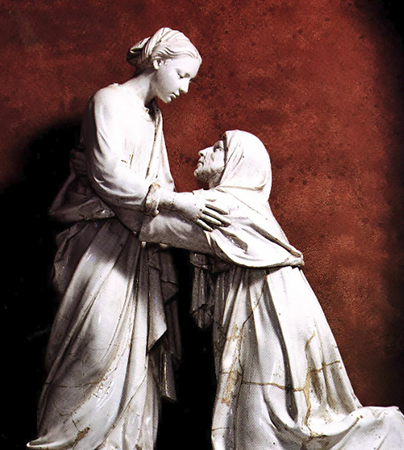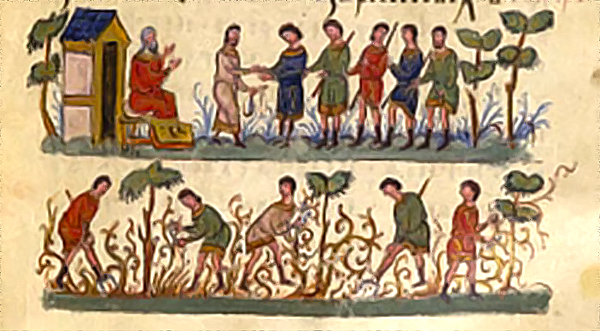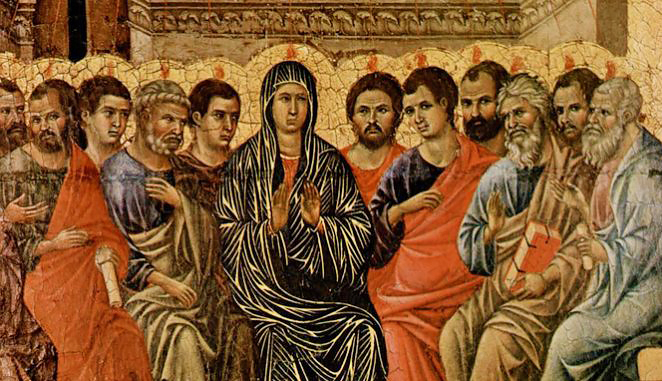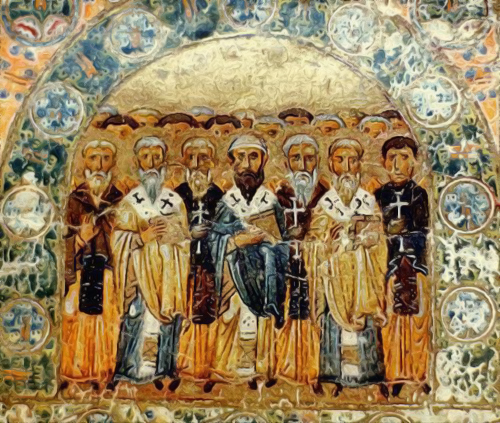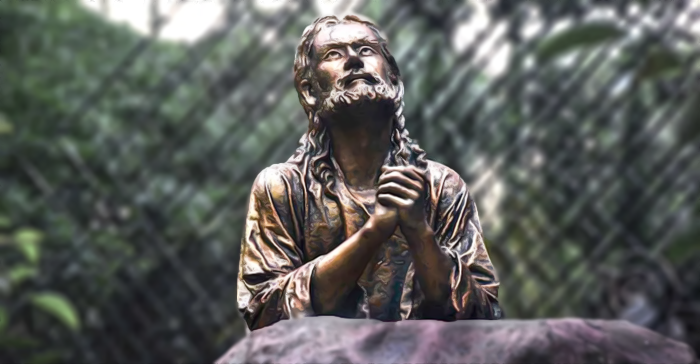
Why is this “What do you want?” question so important? Fr. Rolheiser, the author of The Holy Longing and Sacred Fire, writes that what lies deepest inside authentic faith is the truth that God is the object of all human desire, no matter how earthy and unholy that desire may seem. That implies that everything we desire is contained in God. Yet, accepting this is a challenge. Fr. Rolheiser writes, “Do we really believe that God is the real object of our desires? When we look at all that is beautiful, full of life, attractive, sexually alluring, and pleasurable on earth, do we really think and believe that this is contained in an infinitely richer way inside of God and inside the life into which God invites us?” The answer for many of us is no. But what if you tried a little experiment? What if we asked ourselves, “What do I want?” and see if we could trace the answer back to God? Can we search for that desire and find peace in knowing that God is there for us? Maybe we desire to travel, pray more, or spend time with a loved one. Write your answers down. Then, ask yourself, “What do I really want?” The word “really” is essential here because it leads straight to the heart of your yearnings. Are your desires in line with God’s will for your life, or are they distancing your life from having God at its center? God desires joy and happiness for each of us in fulfilling the focus He created for us in being the best version of His creation.

